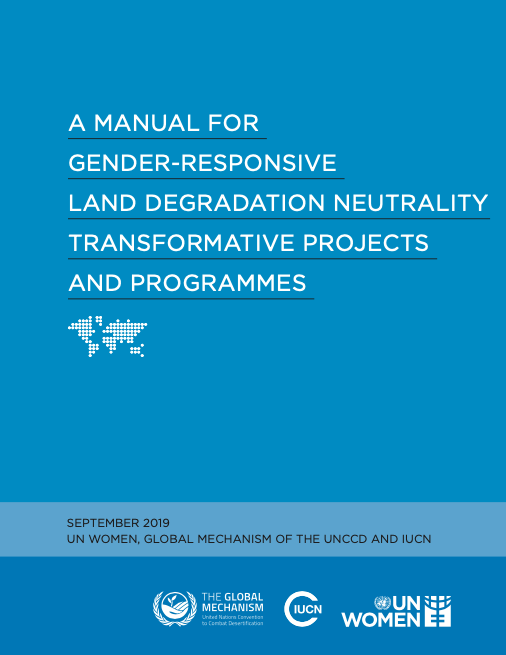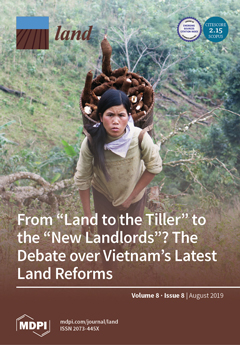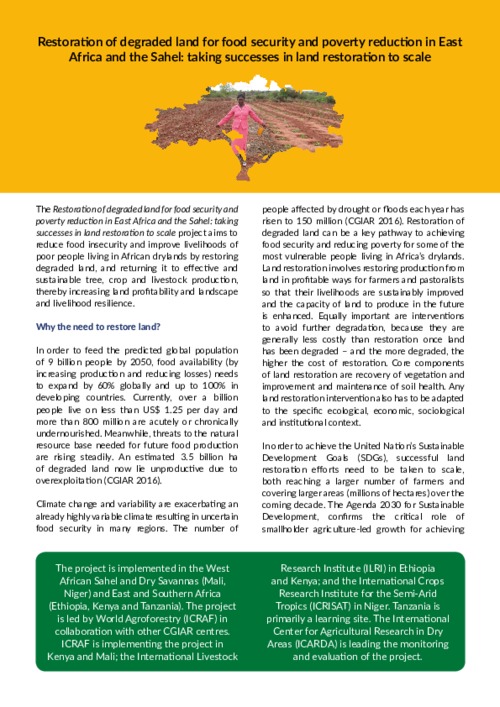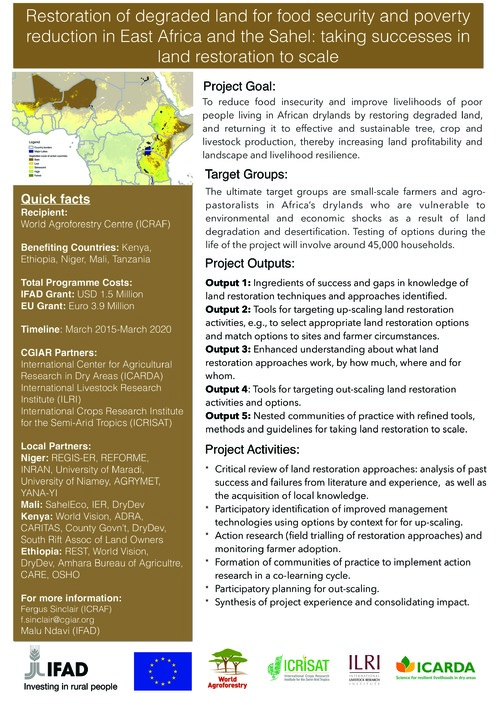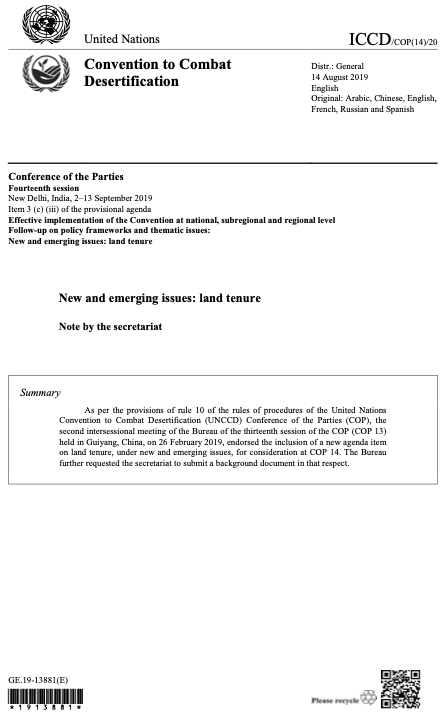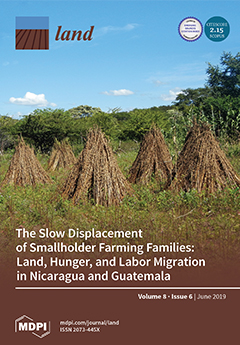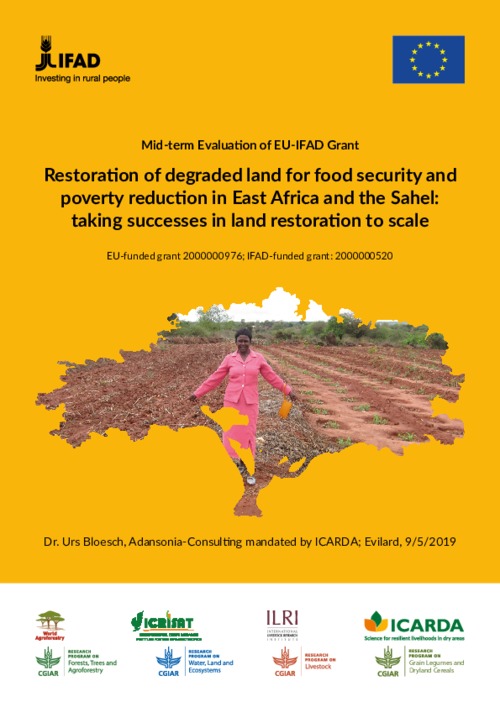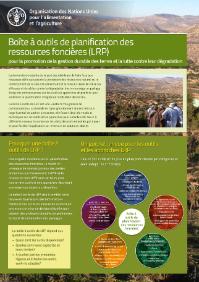A Manual for Gender-Responsive Land Degradation Neutrality Transformative Projects and Programmes.
Climate- and human-induced land degradation endangers the future survival of our planet. A new focus on achieving Land Degradation Neutrality (LDN) seeks to spark and grow transformative efforts to avoid, reduce and reverse land degradation through gender- and socially-equitable means.

